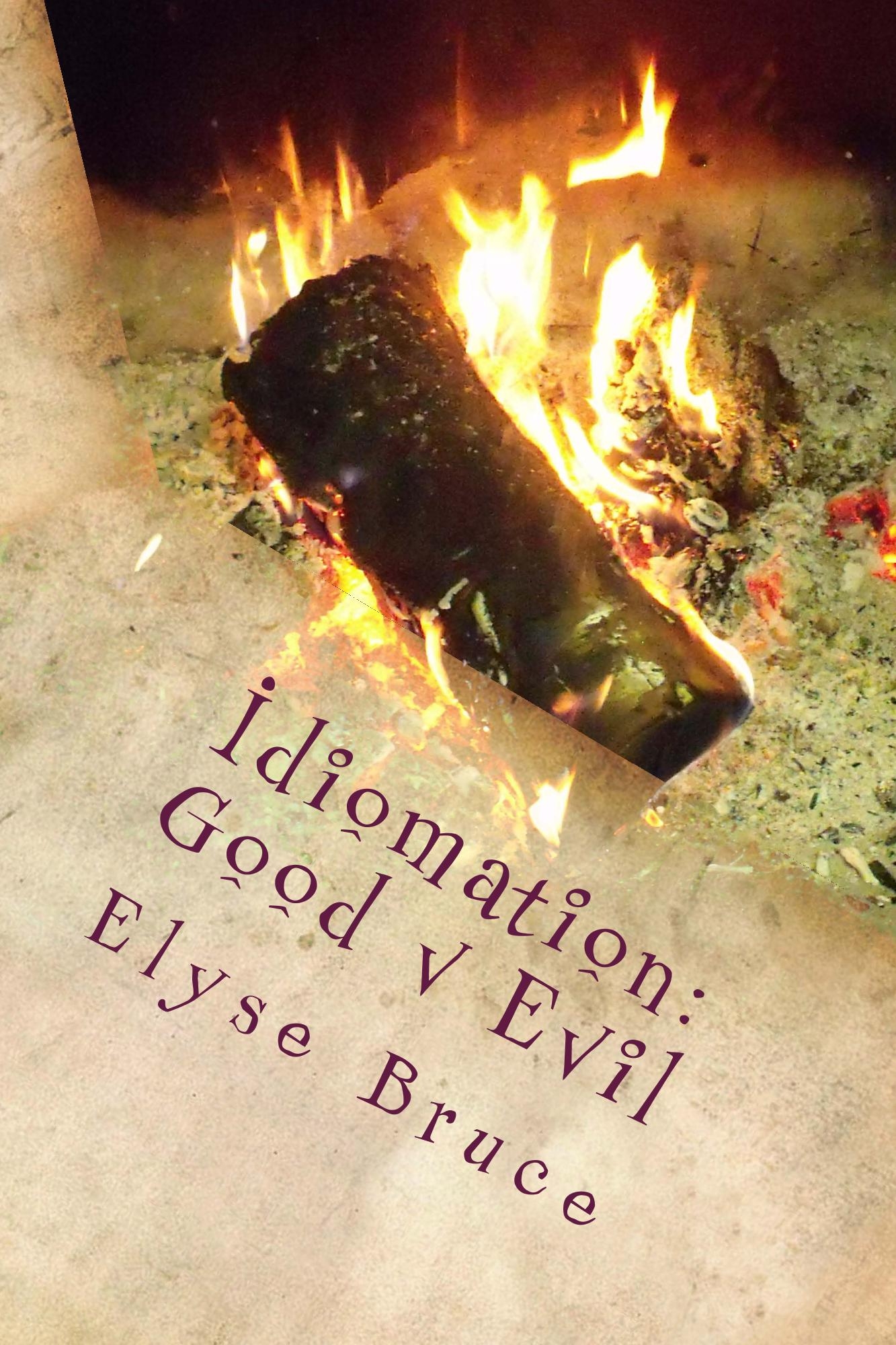Like Turkeys Voting For Christmas
Posted by Admin on December 16, 2013
If people are like turkeys voting for Christmas, it means they have decided to accept a situation that will end badly for them. In other words, the action taken to resolve a situation is also ont that’s self-defeating at the same time. This doesn’t make for a good situation or a good solution no matter how you look at it.
When Nuala Nolan in Galway wrote to the Independent newspaper on January 4, 2011 she was concerned with the water distribution systems and the installation of water meters that would be unworkable with the next cold spell in Ireland. She wrote succinctly, and ended her Letter To The Editor with this question:
Are we not just like turkeys voting for Christmas when we agree to water charges in circumstances where the majority of working people will find a huge drop in their pay as a result of the recent Budget?
In the Financial Times article of November 28, 2010 entitled, “Europe Is Edging Towards The Unthinkable” by journalist, Wolfgang Münchau, the macro-arithmetics of the financial crisis in Europe were of great concern. The eurozone strategy appeared to be the last bail-out option available, even though there was a small cushion amount between how much had already been spent and how much could be spent. He wrote in part:
Ms Merkel and Nicolas Sarkozy, the French president, were last week putting the final touches to their new bail-in rules, to introduce collective action clauses in sovereign bond contracts. I would not be surprised if at least one member state rejected the Franco-German diktat. For example, I cannot see how Spain or Italy can conceivably support them. To use a seasonal analogy, it would be like turkeys voting for Christmas.
It was on May 7, 2002 that Tobey Walne’s article “Equitable On The Brink” was published by the Daily Mail in London, England. The news story addressed Equitable’s assets and liabilities and the company’s current condition which was thought to possibly be worse than what was being presented. The second to last paragraph read:
Paul Braithwaite, chairman of the Equitable Members’ Action Group, says: ‘Equitable is running on paper-thin liquidity and the writing is on the wall. There are no prospects for it adding to holdings in stocks and shares or bringing back bonuses. For loyal policyholders, it has been like turkeys voting for an early Christmas.’
In 1978, Alistair Michie and English journalist and broadcaster, Simon Hoggart (born 26 May 1946) published a book entitled, “The Pact: The Inside Story of the Lib-Lab Government.” In 1977, James Callaghan (27 March 1912 – 26 March 2005) of the Labor government forged an agreement with the Liberal party led by David Steel to safeguard against a successful motion of no confidence pushing through. The pact was confirmed on September 7, 1978 and the Labor government was able to remain in power until May 1979 when a general election was called. This passage appears in the book:
“Us voting for the Pact is like a turkey voting for Christmas,” said David Penhaligon. But they did agree that Steel should see Callaghan that afternoon.
The person identified as having used the idiom was David Charles Penhaligon (6 June 1944 – 22 December 1986) — a British politician from Cornwall, and a Liberal Member of Parliament for the constituency of Truro. But contrary to what the Oxford Dictionary says, he was not the originator of the expression as the idiom was used in The Alice Glenn Report, Volume 1, Number 3 dated May 1986. Alice Glenn (17 December 1921 – 16 December 2011) a Fine Gael candidate for Dublin Central in Ireland, was an outspoken person during the 1986 Divorce Referendum in Ireland, and in her leaflet of May 1986 she entitled the front page story, “A Woman Voting For Divorce Is Like A Turkey Voting For Christmas.”
The expression is actually an Irish proverb: A turkey never voted for an early Christmas. Idiomation hasn’t found any resource book disputing that the proverb is, indeed, an Irish proverb, however, a date cannot be affixed to the proverb.
That being said, turkeys were brought from America to England and Ireland by William Strickland in 1526, and it’s believed that King Henry VIII was the first to enjoy roasted turkey. When turkeys were introduced to England and Ireland, families ate goose, boar or peacock at Christmas. By the early 1600s, turkey was found at major Tudor banquets held by those of financial means and power. As the 17th century rolled around, families of means were able to add turkey to the options for Christmas meals. Just as turkey replaced good as the main dish at Christmas, so it replaced it in the proverb which used to be: A goose never voted for an early Christmas.
It would be at this point (one would think) that if geese and turkeys could vote, that they would vote for the other to be served up for Christmas. It would be unthinkable that they would vote for their own kind to be on the menu. Likewise, no reasonable person would put themselves in danger and vote to be put in an untenable position.
Idiomation, therefore, pegs the original saying of a turkey never voted for an early Christmas to the early 1600s, with the variation following afterwards, modified as proverbs often are.


Leave a comment